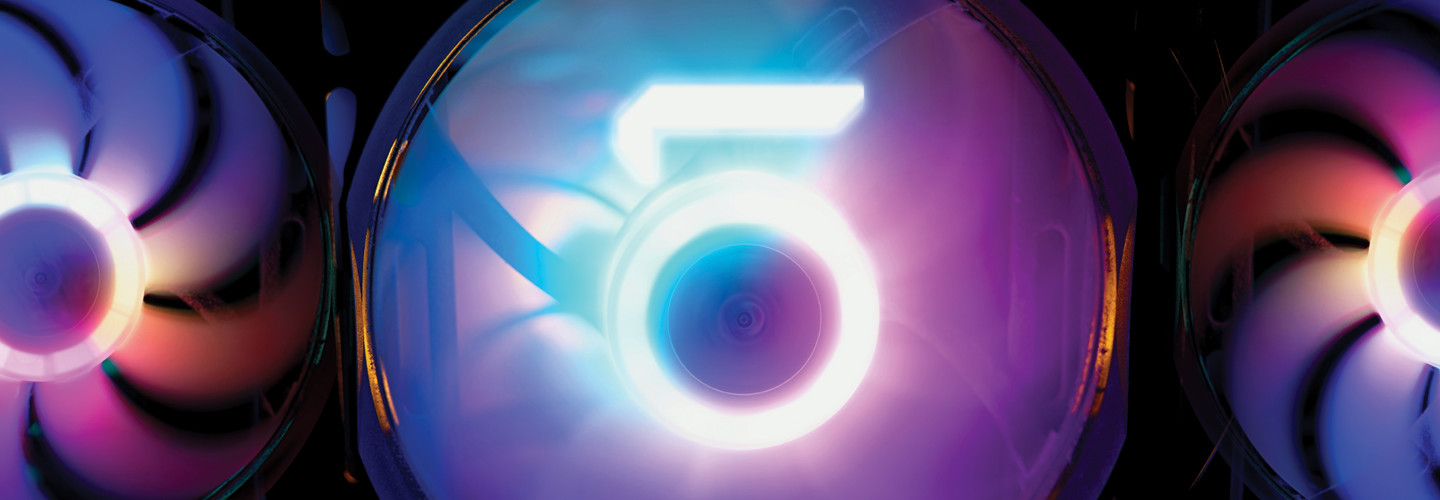2. When Is Liquid Cooling Best?
Liquid cooling has gained traction because traditional cooling doesn’t provide enough support for high-performance computing. These methods prove to be more efficient in rejecting the heat from IT equipment compared with air cooling systems.
READ MORE: Zero-trust architectures should include data protection, cyber recovery.
3. What Kind of Technology Is Involved?
In immersion cooling, IT equipment is fully submerged in a liquid dielectric with no conductivity. The fluid absorbs the heat emitted by the device, turns it into vapor and condenses it to cool down the device.
4. Are There Other Technologies to Consider?
With direct-to-chip liquid cooling, flexible tubes bring nonflammable dielectric fluid directly to the chip or component that’s generating the most heat. The fluid turns into vapor, siphoning the heat away from the equipment through the same tube.
EXPLORE: What is on-premises IT infrastructure?
5. How Much Does Liquid Cooling Cost?
Unless you’re installing a data center in a new building, it can be expensive. Plumbing must be added to server racks along with other liquid cooling–specific construction.






.png)



